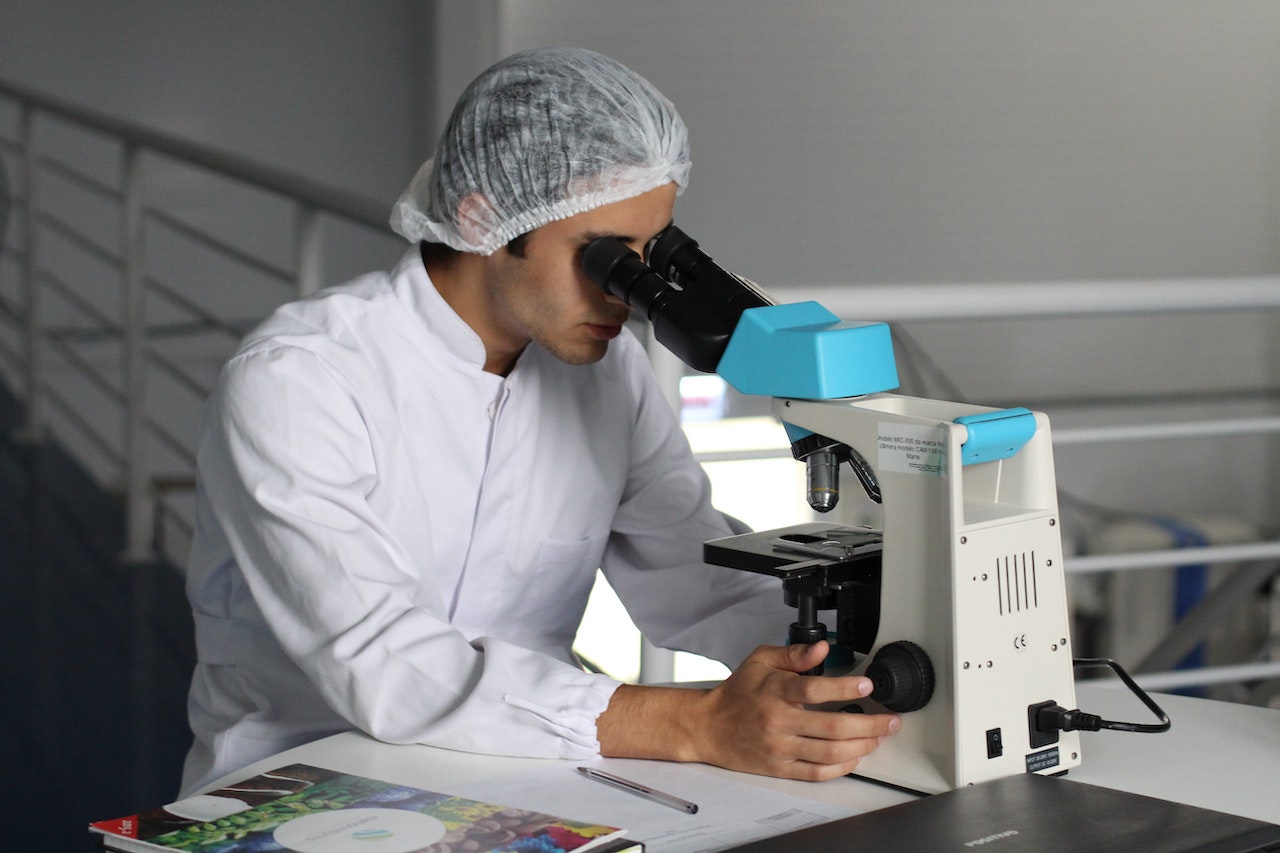
North Carolina Crime Lab Finds Fentanyl in Gummies and More
Fentanyl is a common contaminant found in drugs across the US, and this is also true for North Carolina, where the new North Carolina State Crime Lab works to identify drug content in seized pills and other substances. They also help analyze chemical compounds to determine what drugs are present when somebody overdoses on a drug.
North Carolina's New Crime Lab
North Carolina's new crime lab helps investigate seized substances and the cause of drug overdoses. This will help the state solve more crimes and continue to take drugs off the street. Fentanyl is the second most common drug that they find.
Fentanyl can be dangerous to work with, and it's found in many seized drugs. The lab keeps Narcan in stock and uses gloves and goggles most of the time. The lab was designed as an open floor plan so that people could keep an eye on each other. If somebody accidentally exposes themselves to fentanyl, a drug that's 50-100 times the potency of morphine, their neighboring coworker can help administer aid.
Drug overdoses frequently involve fentanyl, and working to identify it as a contaminant can help the police put away drug traffickers for a much longer time. A crime lab capable of detecting fentanyl and other narcotics is essential to making a case against dealers.
The Crime Lab's Importance To North Carolina
North Carolina officials believe this new crime lab will help authorities better understand and subvert the drug crisis. While Oxycontin used to be the drug of choice, fentanyl is often found in other drugs. The crime lab can help determine when there are other drugs like xylazine, one half of the dangerous drug dubbed "tranq dope."
The opioid crisis in North Carolina is escalating and caused a 22% increase in overdose deaths just last year. 4,000 overdosed in 2021 and over 2/3 of those overdoses involved fentanyl. White Americans are the top demographic dying, but there has been an increase across minority populations as well. Accidental overdoses among children increased more than 30-fold between 2013 and 2021. Many of these overdoses were due to adulterated recreational drugs sold as gummies, Oxy pills, or club drugs. Instead, the drug user ended up accidentally taking fentanyl.
News stations nationwide have told stories of young people accidentally overdosing on fentanyl during the pandemic. Now, kids have gone back to school but they're still overdosing. Counterfeit pills and tainted drugs are the top cause of this public health crisis. Sometimes the child who overdoses is quite young and has gotten ahold of their parents' drug supply.
Identifying Killer Drugs and Getting Them Off the Streets
Officials say they see drug contamination among almost everything they seize, including marijuana gummies, candies, and other edibles.
Accidental overdoses occur when people buy pills via apps or social media. There is a proliferation of fake pills on the drug market. Usually, the pills are blue and have markings of other drugs. People often think they're buying Oxycontin or Molly, only to learn they've purchased highly potent fentanyl. Many people who overdose do so because they have no idea fentanyl could be added to their drug.
North Carolina Attorney General Josh Stein hopes to create a Fentanyl Control Unit. The state should be able to make cases with the new crime lab. But he says that the state doesn't have enough resources to go after the big drug dealers putting deadly products onto the street.
"We're asking for eight prosecutors. Four would be specifically devoted to doing fentanyl-controlled work," he told ABC News 11.
Police often catch drug traffickers passing through North Carolina or distributing fentanyl. Cities also have some larger drug-dealing territories. Just last week, a repeat offender in Winton-Salem, North Carolina, had police search his house. They found guns, nearly 1,500 rounds of ammunition, 42 bindles of fentanyl, 57 Xanax pills, and $3,203 in cash.
Getting Help for Fentanyl Addiction
If you or somebody you love uses opioids and needs help getting off drugs like fentanyl, we're here to help! We offer discreet, compassionate care to help people with opioid use disorder get back on their feet and begin to reclaim their health. We do offer MAT to people in North Carolina who qualify for it. Learn more about what we offer by giving us a call.
If you are in need of help, please call us at: 910-295-7246 or message us.
Categories
fentanyl
